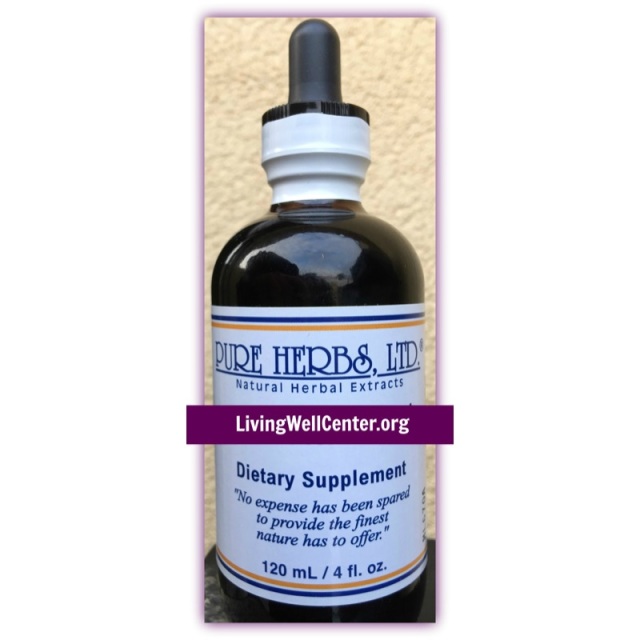Wintergreen Oil
SKU:
WINTERGREEN OIL
$33.00
$33.00
Unavailable
per item
WINTERGREEN OIL
When we say WINTERGREEN we mean any of many small, hardy evergreen herbs about 6 inches tall or, if you prefer, 15 centimeters tall, that grow as a kind of ground cover. It is found in abundance in the North Eastern region of North America (U.S. and Canada). The best known type of Wintergreen has the scientific name of (Gaultheria procumbens). Wintergreen has leathery, green, broad leaves and loves to grow as a thick carpet in the partial shade of the woods in its rich earth, but can be found on open ranges too. Its most common name of Wintergreen is surely due to the fact that in the Winter its leaves can still be seen to be alive and green. Its white bell-like flowers produce edible scarlet red berries that taste spicy and refreshing with a texture somewhat like a moist, ground up nut or grain. Contained within the entire plant is an ache and discomfort relieving compound similar to aspirin. The chemical name for this compound is salicylate (suh-liss-uh-late). The natural oil from the Wintergreen plant is almost 98% salicylate in the form of methyl (meth-ul) salicylate. It is found in a surprising number of places in every day life, classified as a flavoring agent. For example, widespread use is made of Wintergreen in toothpaste, common beverages such as root beer and Coca Cola and chewing gum. When you go across the sea to England you will find Wintergreen Oil is currently recognized in their official medical book, the British Herbal Pharmacopoeia (farm-uh-ko-pea-uh) as a specific remedy for rheumatoid arthritis. That means if you have joints, muscles and tendons, bones or nerves that hurt and you put Wintergreen Oil on the area externally, it fixes it. Wintergreen works in two ways, one way is to quickly relieve discomfort and the other way is to break up the uric (your-ick) acid or other deposits. Then the body can flush them out. This is why we say you should also drink a large glass of clean natural water. Even better, you can drink a diuretic (die-you-ret-ik) tea. This is a tea which will encourage the kidneys to go to work. As examples, try Peppermint tea or Alfalfa tea to flush the crystals and wastes out of the body that the Wintergreen Oil breaks loose. It should also be mentioned here that this new disease you hear so much about called fibromyalgia (f-eye-bro-my-al-gee-uh) is very similar to what used to be called by the old fashioned word "rheumatism" (roo-muh-tiz-em). It just so happens that Wintergreen Oil can be used externally for rheumatism with pretty good results. The people of England were not the first to discover Wintergreen. Our American "Indians" or first Americans knew this plant well and appreciated it for the taste of its refreshing berries. They lived basically outside without our modern heating. This can be a real stress on the joints. You can believe they gave thanks for the boiled tea of Wintergreen to relieve the torment of rheumatism. They not only drank the tea to treat coughs loosen mucus and relieve discomfort, they wrapped body parts with it as well. The natural oil is seldom used these days because there is a synthetic oil which is so plentiful and cheap. Herbalists however demand thenatural and enjoy its added benefits even if it does cost a bit more. The natural plant oil has control mechanism built in to it so you don't have to worry so much about side effects. Wintergreen Oil is used mainly externally, although a small amount can be brushed on the tongue as needed. Here is a list of the observed effects ascribed to the Wintergreen Oil down through the ages. As stated, Wintergreen Oil is a pain reliever. It handles swellings and can be rubbed on rheumatism areas for relief. Apply to the chest to break up mucus and brush a little on the tongue. Wintergreen Oil "tightens" or tones living tissue. Wintergreen Oil is also a non-habit forming stimulant.
This information is about historical observations and historical information relating to herbs. This information is not intended to be a substitute for medical advice by licensed physicians. A person should consult a physician regularly in all matters relating to medical problems, especially in matters of diagnosing, treating or curing dis-eases or other physical or mental conditions.
This information has not been verified by the American Medical Association or the Food and Drug Administration.
This information has not been verified by the American Medical Association or the Food and Drug Administration.

